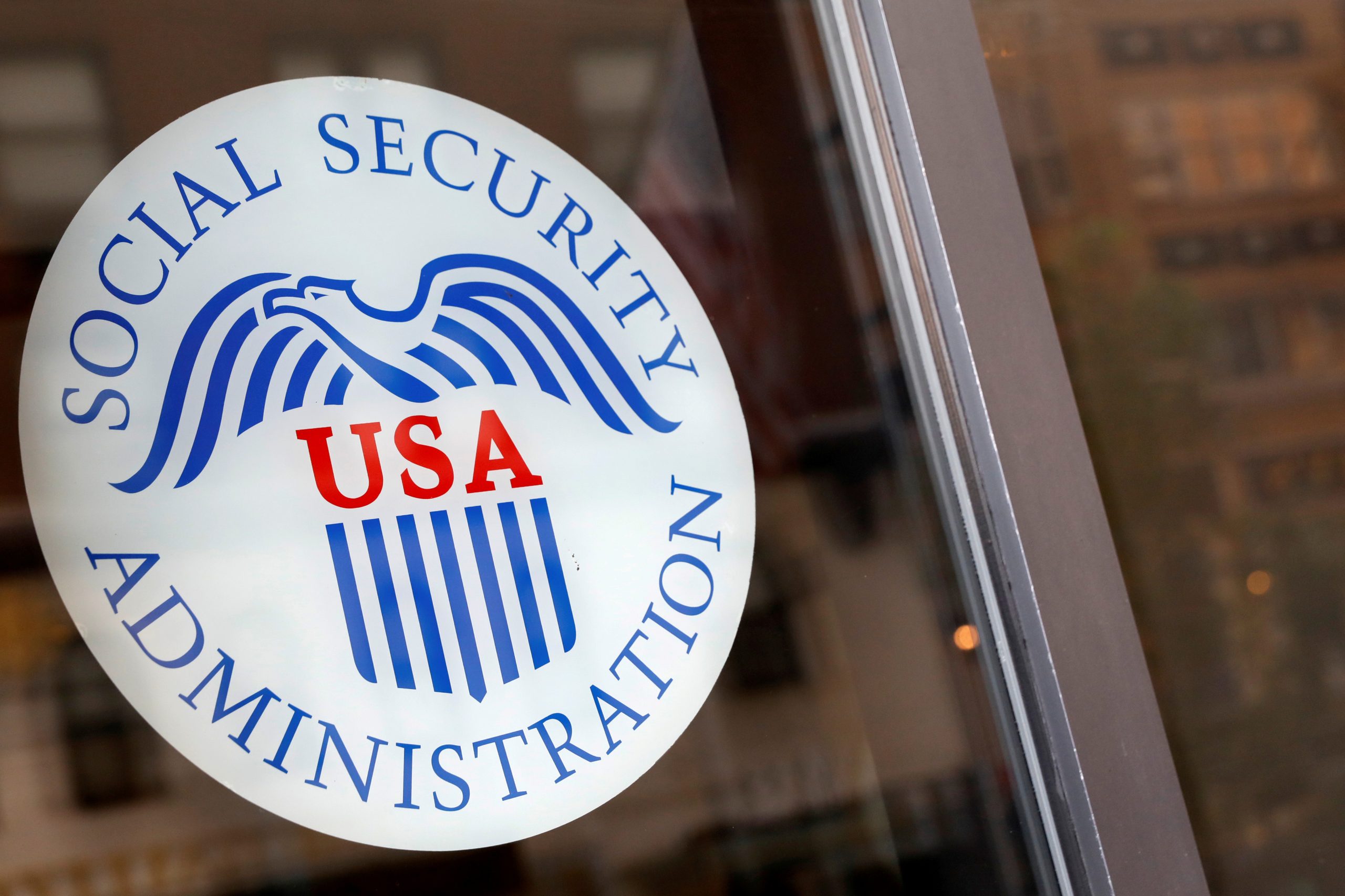Are You One of 2.8 Million Americans Who Could Benefit from the Social Security Fairness Act?
In a major step toward improving Social Security benefits, the U.S. Senate has voted to advance the Social Security Fairness Act. This bipartisan bill, which has already passed in the House of Representatives, has the potential to boost benefits for millions of Americans. If it becomes law, it could help up to 2.8 million people by repealing two important federal policies that currently reduce Social Security benefits for certain workers.
What is the Social Security Fairness Act?
The Social Security Fairness Act aims to fix two policies that have been seen as unfair to many retirees and workers who also receive a pension from a job that doesn’t contribute to Social Security. These policies are called the Windfall Elimination Provision (WEP) and the Government Pension Offset (GPO).
Let’s break down what these policies mean and how they impact people:
The Windfall Elimination Provision (WEP)
The WEP affects individuals who worked long enough to qualify for Social Security benefits through one job but also have a pension from a different job that does not pay into Social Security. This is common for state and local government workers, such as teachers, postal workers, police officers, and other public service employees.
In general, you need to work and pay Social Security taxes for at least 10 years to qualify for retirement benefits. However, if you have worked fewer than 30 years in a job that qualifies for Social Security and also receive a pension from another job, your Social Security benefits may be reduced.
The WEP can cut your Social Security benefits significantly, which means you might receive less than expected during retirement.
The Government Pension Offset (GPO)
The GPO impacts people who are eligible for spousal or survivor benefits, in addition to a pension from a job that does not pay into Social Security. The rule states that your spousal or survivor benefits can be reduced by two-thirds of the amount you are receiving from your pension.
For example, if you receive $1,000 per month from your pension, your spousal or survivor benefits could be reduced by $660 per month. Since the average spouse of a retired worker collects around $900 per month from Social Security, this could mean losing most or all of your spousal benefits.
Who Will Benefit from the Social Security Fairness Act?
The Social Security Fairness Act could impact nearly 2.8 million Americans by eliminating the WEP and GPO policies. Around 2.1 million people are currently affected by the WEP, and more than 700,000 people are impacted by the GPO. If these provisions are repealed, these individuals could see an increase in their Social Security benefits.
This change would especially benefit workers who have paid into Social Security for many years but are still penalized by the WEP and GPO. If passed, this landmark legislation could significantly improve the financial security of these retirees, with some potentially seeing hundreds or even thousands of dollars more in benefits each month.
Potential Downsides of the Social Security Fairness Act
Despite the potential benefits for millions of Americans, critics of the Social Security Fairness Act argue that it could cause financial strain on the Social Security program. If benefits increase without changes to funding, it could cause the Social Security trust funds to run out faster.
Currently, the Social Security trust funds that pay for retirement and disability benefits are projected to run out by 2035. At that point, Social Security will rely solely on payroll taxes and other revenue sources to fund benefits, which may only cover about 83% of the payments due to beneficiaries.
The Congressional Budget Office (CBO) has estimated that the Social Security Fairness Act could cause the trust funds to run out six months sooner than expected. This means that Congress will have an even shorter timeframe to address the program’s financial future.
Why Is This Important?
For millions of Americans, the Social Security Fairness Act is seen as a step toward fairness and financial security in retirement. Although some experts warn about the long-term financial effects, the immediate relief that many workers and retirees will feel could outweigh these concerns.
If this bill is signed into law, it will provide significant benefits for public employees, retirees, and their families. These groups have often faced reductions in their Social Security payments, despite having contributed to the system for many years.
While it is not yet law, the Social Security Fairness Act could pave the way for greater financial stability and fairness for millions of American retirees.







